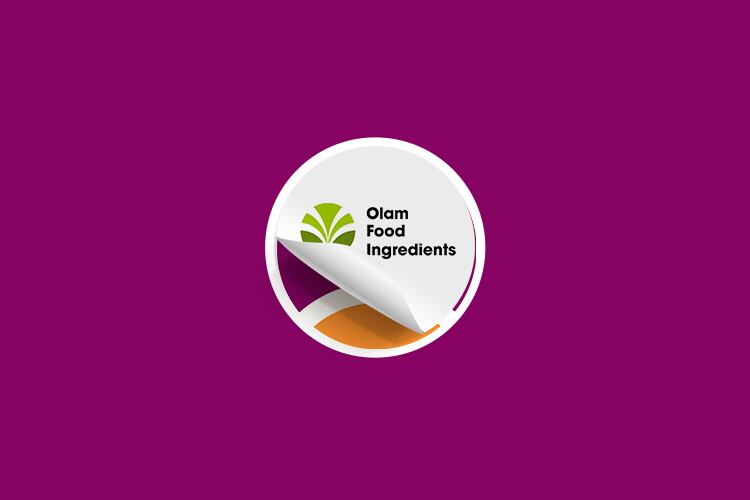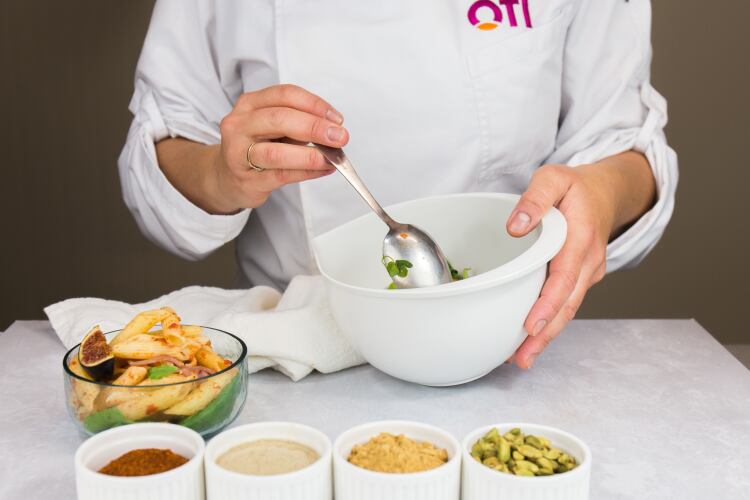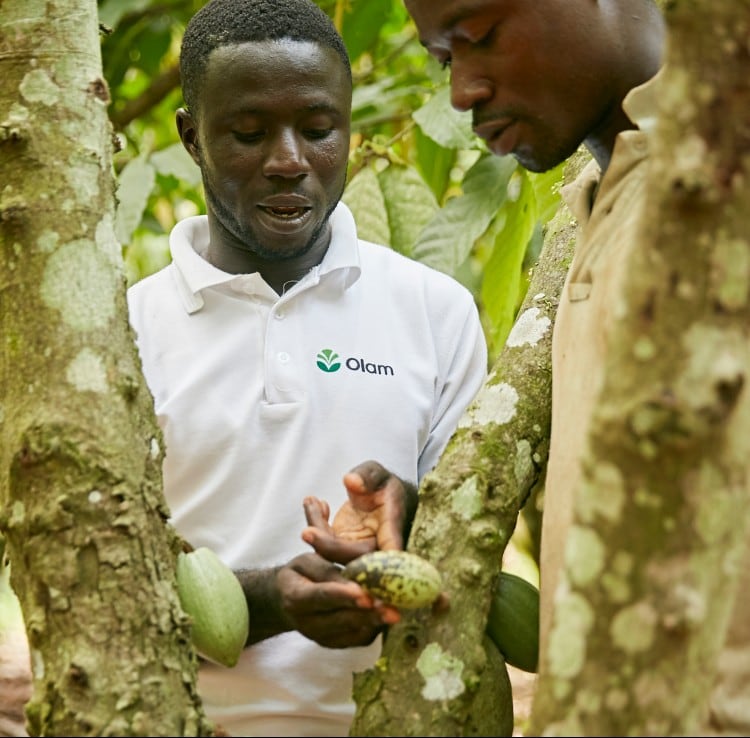Olam Food Ingredients (ofi) is gearing up to spin-off from its parent organisation, Olam International, with plans to list on the London Stock Exchange in the second half of 2022. As the organisation progresses on its journey to independence, it has completed a re-brand that it says is ‘more than just a new look’.
Through its new corporate identity, ofi wants to demonstrate its ‘thrust and focus’ and how it plans to drive growth across its portfolio of cocoa, coffee, dairy, nut and spice ingredients.
The group’s new corporate mission – 'Be the Change for Good Food and a Healthy Future' – has been selected because it speaks to ofi’s ambitions around sustainability and innovation. It is, CEO A. Shekhar told FoodNavigator, ‘the heart and soul of ofi and where we are coming from’.
“Sustainable innovation is really the journey forward,” noted the chief executive of ofi, which separated out into an independent operating entity in January of 2020.
“The grand idea is very simple. Make it real. It's what we do every day, whether it’s making it real for our customers - offering them real ingredients, real impact down the chain, real solutions - or making it real for our employees, making real impact for the various communities that we work with.”
Sustainability and traceability ‘front and centre’
Establishing ofi’s corporate purpose was the result of a ‘lot of time’ talking to customers and other stakeholders about ‘how they view the journey forward’, Shekhar reflected.
What did ofi learn from this period of consultation? How are customer requirements different today than five years ago?
“The big change compared to five years ago is sustainability and traceability are front and centre,” Shekhar told us.
“People already wanted traceability in the supply chain but now it’s about also creating impact, whether its social impact or livelihood impact. They want suppliers who can do that because everybody is going out and promising they will be sustainable by 2025, or 2030, but not many people know how to do it, what it takes, what are the metrics by which they can show that progress.”
Shekhar suggests this is where ofi can come in. “That is one thing that sits in the centre of what ofi provides,” he claimed.
Charting progress, developing metrics and prioritising action is a complex process that requires a deep understanding of the different environments in which the company sources. A priority and solution that is applicable to farmers in California will not be the same for smallholders in Latin America or Africa, Shekhar elaborated.
“When we say we are looking at creating sustainable impact across the food chain, it differs from chain to chain. The importance of certain metrics is different from customer to customer and chain to chain we have to track what matters in each part of the chain. That's a differentiated proposition that ofi has.”
Natural health and wellness
The second trend ofi says is shaping consumer demand is naturally delivering health and wellness, without sacrificing taste and colour.
“In all this there is clean label, natural, functional performance, price, and you want that great taste and flavour and colour. The consumer doesn't want to sacrifice that either.
“That's what the customers are really struggling with. How do they create excitement in their categories, whether it’s a big brand or a retailer on the shelf. How do they create that mix of healthy, nutritious, delicious, natural. The thing ofi really offers is the natural taste, colour, texture, flavour across the portfolio which speaks to some very key large and growing user end markets: bakery, confectionery, snacking, culinary, etc.”
That ofi’s portfolio – cocoa, coffee, nuts, spices – is build around natural commodities is a ‘good starting point’, Shekhar said. “What we are trying to do is combine that with a health and wellness proposition. If you are looking at a bakery solution, how do we add cinnamon to cocoa to reduce the sugar? How do we add, let’s say, defatted nut flour to reduce wheat flour in a gluten free product?
“It is the combination of natural, clean label, health, wellness, taste and flavour, which is the more important things for us. It’s natural, it’s nutritious, it’s delicious.”

Building for the future
ofi’s customer base includes retailers, branded manufacturers and foodservice customers like McDonald’s or Starbucks. Shekhar said these customers are looking for someone who can meet the demands of various consumption occasions, from out-of-home, to on-the-go and in-home. “Customers need people who can supply the different formats, with different packages and different kinds of supply chain requirements.”
The rapid channel shift that saw out-of-home sales tumble as a result of COVID is not a long-term trend that Shekhar expects to continue to shape demand. ofi therefore remains focused on meeting the divergent needs of these segments. “The three areas – in-home, on-the-go, and out-of-home - all three will stay relevant and important. What is important is for us to have optionality to deliver all three depending on the nature of the customer, their application. Keeping ourselves adaptable and flexible and cost competitive and capable.”
The ofi CEO said that the shift to sustainable and nutritious food across all channels is a shift that is happening ‘really rapidly’. While the change may have been evident for the past five years or so, he maintained that it is ‘accelerating’.
“That is really the message of the journey that we are trying to capitalise on. Because we believe we have a head start in some of these areas and in other areas we are building new capabilities.”
Shekhar declined to provide any specific guidance on growth targets for ofi when it starts to operate as a stand-alone business. However, he is optimistic that the group is well-positioned through its focus on natural, healthy and sustainable solutions.
“We have a huge runway on the products and end use applications we have chosen. We have a huge runway with the customers we already have.
“We are very excited by the possibilities our portfolio offers us... What is important isn't so much what next, it is about putting your head down and delivering.”



